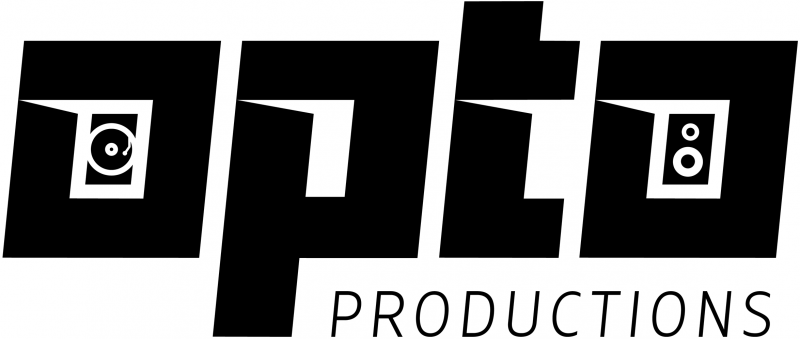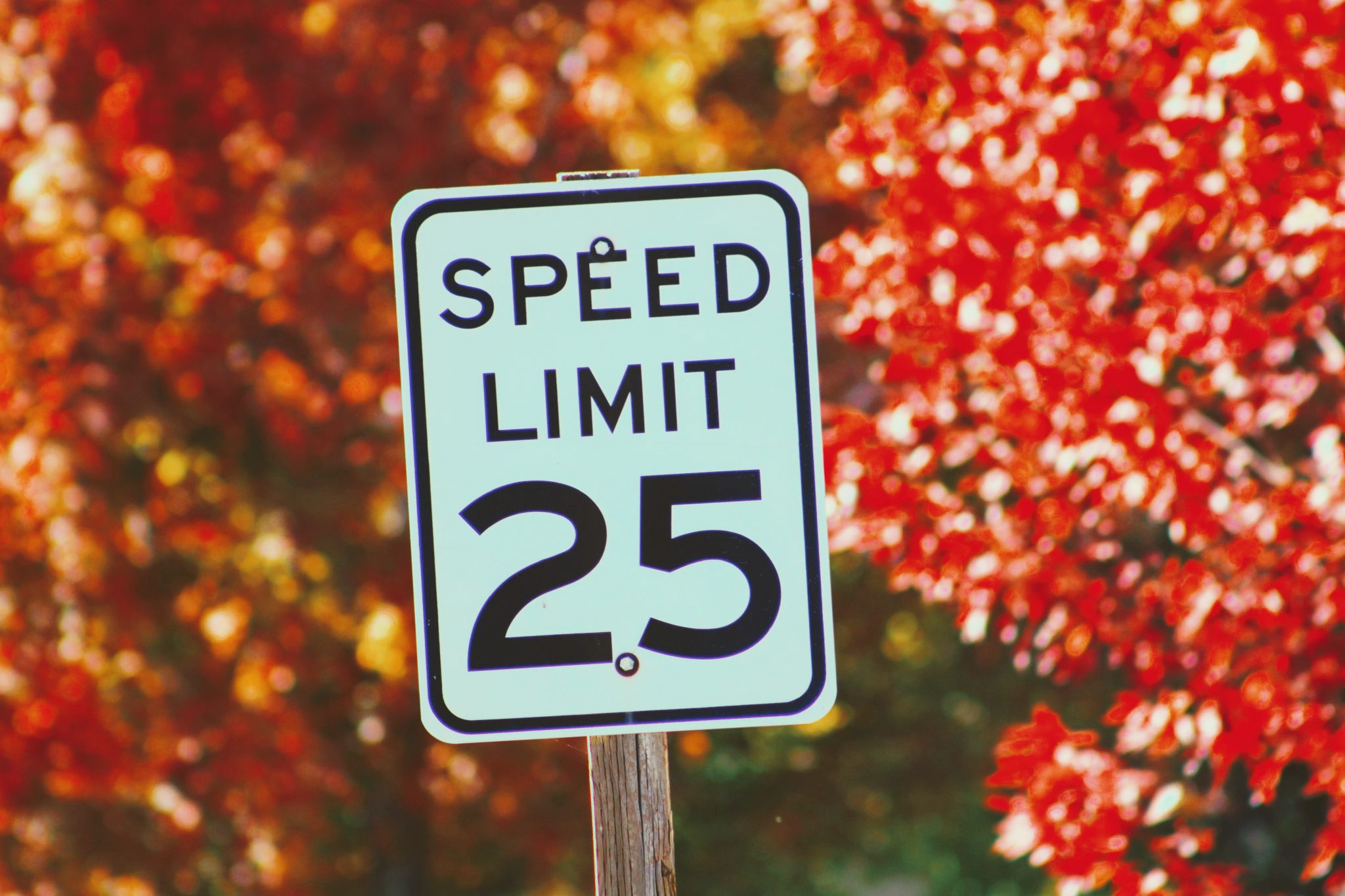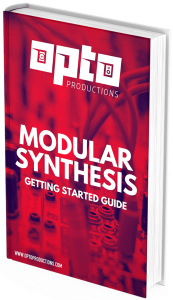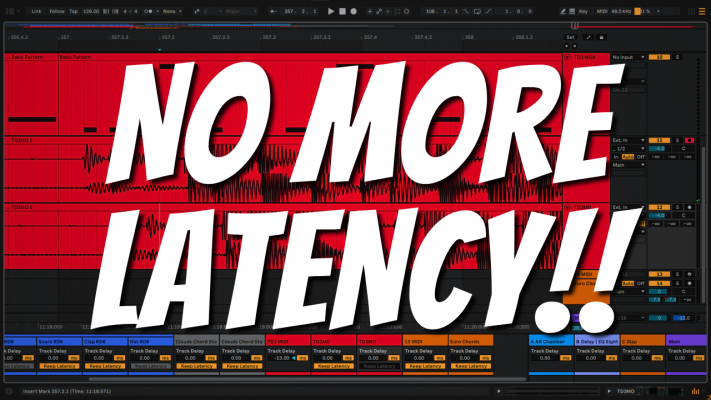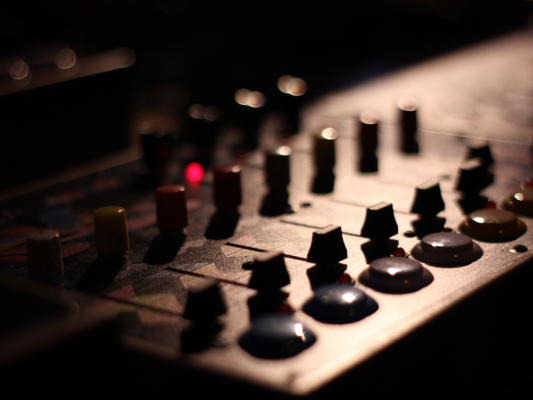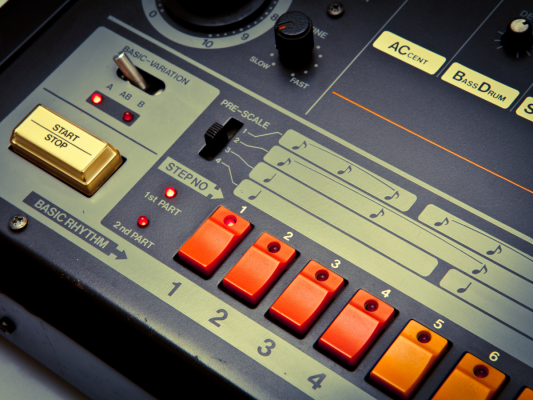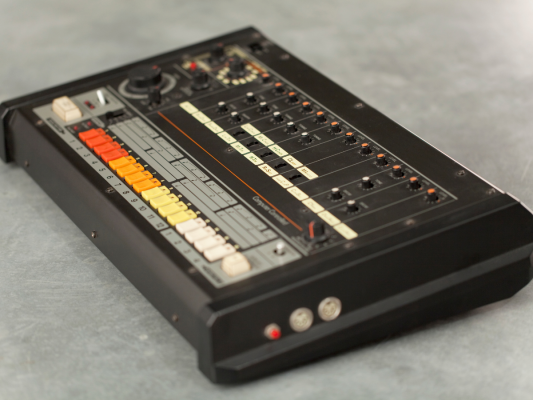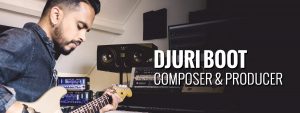Are you stuck in a creative rut?
The following problem occurs in every creative field. You start a new project and come up with some sick ideas. You seem unstoppable. But after a while, you start to doubt yourself. Perhaps this idea isn’t all that great after all. You suddenly have the tendency to hand the project over to the waste man across the street. Why don’t I just start from scratch again? If this sounds somewhat familiar to you, then relax. There are solutions for creative blocks and often that solution is closer than you might think.
Sometimes you hear stories from artists who suddenly wake up in the middle of the night to put their thoughts to paper. Stories from singer-songwriters who have written a hit song out of nowhere in under an hour. Although this happens from time to time, 9 times out of 10 it is simply a case of hard work. For that one album released by that famous artist, maybe 50 songs where written. We only get to hear the most successful ones.
Occasionally writing some song won’t make you a songwriter. A songwriter writes songs on a daily basis. Just like you have to practice your instrument every day, songwriting isn’t any different. After a while, you’ll start to get into a creative flow and you keep finishing song after song. Songwriting has to become a habit.
The most difficult thing about creative processes is often the beginning. If you commit to your work, eventually, something useful will come out. Even if the outcome doesn’t make any sense to you, the fact is that you kept writing. Practice makes perfect. The thing you have to avoid at all times is procrastination.
Putting the inner critic aside
It is very important to hand your inner critic a chair and put him in the corner of your room during the writing process. If you are working on new songs there is no need for criticism. The point is that you can keep on working without a quality control check at the end of every line. The end product is not important right now, it’s about filling up a blank piece of paper after a couple of minutes.
Once you have collected enough material to work with, you can now start looking critically at what you actually made. Try to do this at a different time or day so the editing-phase is separated from the creation phase.
What should you do if you always do the same things?
When developing new ideas there is a certain way in which you work. This is called the creative process. Suppose you always start with some guitar chords to form a new song. Thanks to days of practice on your instrument, you should have developed a finger memory for certain chords, chord progressions, and melodies. It is very easy to keep using the same patterns you always use and to come up with a result that is similar to what you already did before.
What if you really want to make something new? Something that is different from everything else? Then it is time to take a careful look at your writing process. You need to find a way to bypass your comfort zone. I will give a number of examples:
- Do you always write songs on guitar? Grab another instrument such as piano or ukulele. Preferably an instrument that you can not play at all, so finger memory doesn’t form a problem.
- In the case of a guitar, try alternate tunings or flip your string order. Just like you can play your keyboard backward or set up your drum kit in a left-handed way.
- Try to come up with a work process that is extremely cumbersome. Set up rules as if you are developing a board game. Think of an algorithm to create a melody with the help of technological tools.
- Take a poem and combine it with a chord progression from a genre that you normally never play.
Restrictions encourage creative solutions 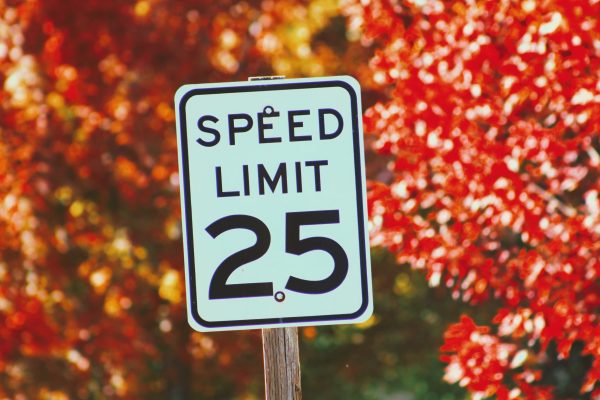
Where many people get stuck is that they give themselves too much freedom. If you can do everything, what do you actually have to do? There are so many options that it is difficult to come up with something at all. Give yourself a theme to work with and be specific.
Many writers like to start with a title. This is the subject with which they restrict themselves. Imagine using ‘nightmare’ as the subject. You now have a context for the lyrics but also for the music. Think of a dark chord progression with alienating sounds and chilling dissonances.
You can also limit yourself with the help of technological tools. There used to be only 24 tracks available and you had to deal with that. Having limited resources forces you to think creatively within certain limits. What if you have to make a song using only your body as an instrument? Or what if you could only use two strings of your guitar?
Give yourself a certain time limit as well. Create a word-cloud with as many words as possible in ten minutes and then write a song lyric with these words. Finish a mix in under an hour. The more you limit yourself, the more creative freedom you will experience.
